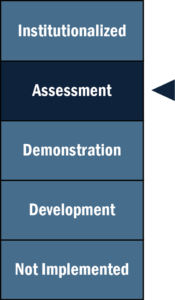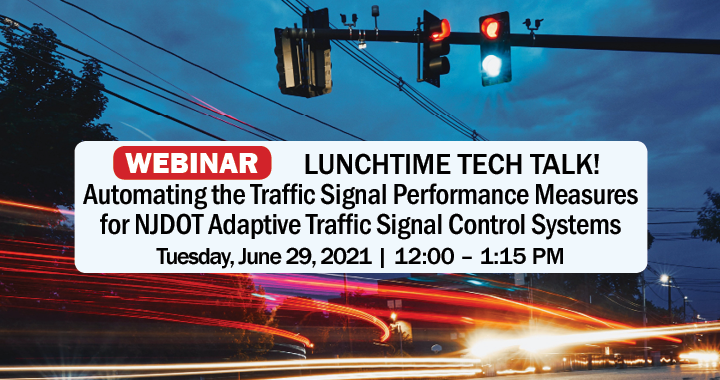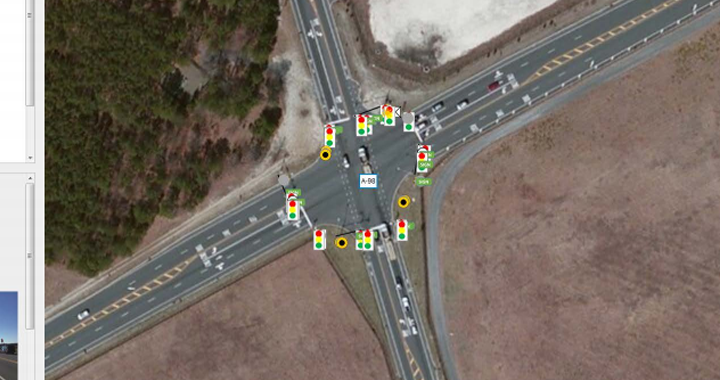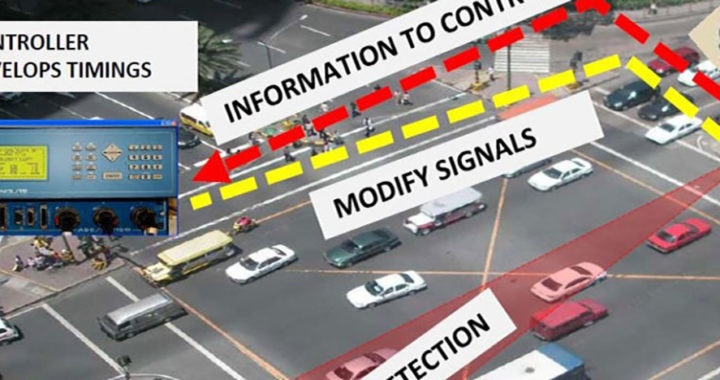What is an Automated Traffic Signal Performance Measure (ATSPM)?
There are more than 330,000 traffic signals operating in the United States, and highway agencies typically retime these signals on a three- to five-year cycle at a cost of approximately $4,500 per intersection. For the vast majority of these signals, citizen complaints are the primary measure of performance. Not having performance data drives retiming costs up by requiring software modeling to simulate performance, along with detailed, manually collected traffic data.
When agency professionals and consultants conduct retiming projects, they perform an ad hoc comparison of limited before and after travel-time data to demonstrate the effectiveness of optimization efforts. Typically, no ongoing performance measurement capability exists, and agencies rely on citizen complaints to reactively detect maintenance or operational deficiencies. This lack of active performance management compromises safety and efficiency and contributes to congestion. It also institutionalizes public dissatisfaction with the operation and maintenance of signalized intersections.
ATSPMs can revolutionize the management of traffic signals by providing the high-resolution data needed to actively manage performance. High-quality service can be delivered to customers with significant cost savings to agency maintenance and operations. A number of implementation options are available, ranging from a low-cost, open-source code framework to a fully integrated traffic signal system.
Learn more about this EDC-4 Innovation.
NJ Addresses Congestion with Automated Traffic Signal Performance Measures
 Stage of Innovation:
Stage of Innovation:
ASSESSMENT
(December 2018)
During EDC-4, NJ conducted research and funded studies aligned with advancing ATSPMs to address congestion:
Funded Research on Real-Time Traffic Signal System Performance Measurement (RT-SPM). NJDOT’s Transportation System Management and the Bureau of Research launched a study of Real-Time Traffic Signal System Performance Measurement (RT-SPM) conducted by Rutgers and TCNJ. Objectives of the research project are to define metrics, guidelines, implementation strategies for RT-SPM systems based on the needs and infrastructure resources of the NJDOT.
Promoted Awareness of the Benefits of ASTPMs. NJDOT and FHWA’s Resource Center presented to the NJ ITS America chapter on automated traffic signal performance measures and how they can be effectively deployed and integrated into current traffic signal systems to improve traffic operations in New Jersey.
Established Funding. DVRPC, an MPO, established a funding program for traffic operations, which provided support for a real-time study of traffic signal optimization in Burlington County.
AUTOMATED TRAFFIC SIGNAL PERFORMANCE MEASURES: NEW & NOTEWORTHY






